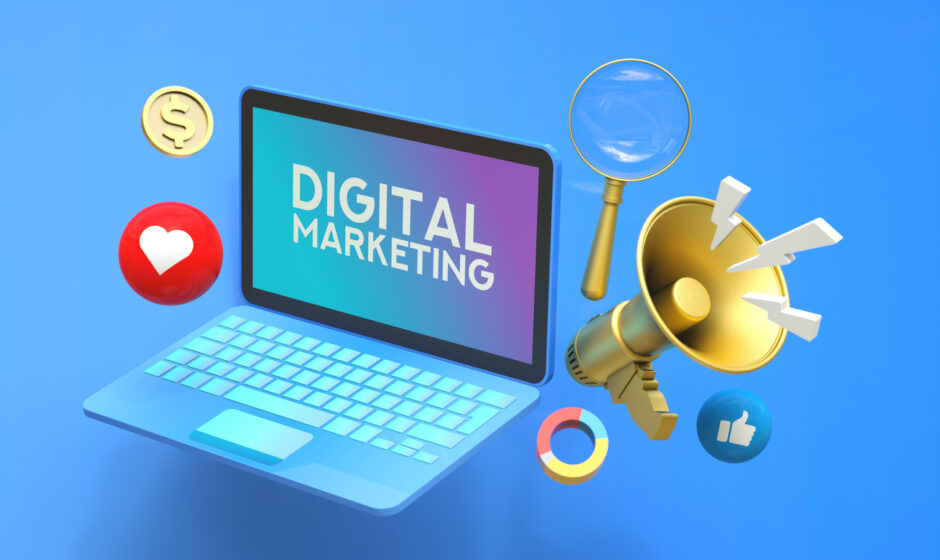Digital Marketing Course in Pakistan:
A digital marketing course introduces learners to the strategies, tools, and techniques used to promote products or services online. It covers a wide range of topics to equip students with the skills needed to thrive in today’s digital landscape. Here’s an overview of what you can expect from a typical digital marketing course:
- Foundations of Digital Marketing: The course usually begins with an overview of digital marketing concepts, including its importance, evolution, and key components. This section may also cover fundamental marketing principles and how they apply to the digital realm.
- Website Planning and Development: A crucial aspect of digital marketing is having a strong online presence. Students learn about website planning, design principles, user experience (UX), and basic coding concepts. They may also explore content management systems (CMS) like WordPress.
- Search Engine Optimization (SEO): SEO is essential for improving a website’s visibility in search engine results. Students learn about keyword research, on-page optimization, link building, and other strategies to enhance organic traffic.
- Search Engine Marketing (SEM) and Pay-Per-Click (PPC) Advertising: This section covers paid advertising on search engines like Google Ads (formerly AdWords) and Bing Ads. Students learn how to create effective ad campaigns, optimize bidding strategies, and analyze performance metrics.
- Social Media Marketing: Social media platforms play a significant role in digital marketing. Students explore various social media channels, content creation, community management, paid advertising options, and analytics tools.
- Email Marketing: Email remains a powerful tool for customer engagement and lead nurturing. Students learn how to create compelling email campaigns, segment audiences, personalize content, and measure campaign performance.
- Content Marketing: Content is at the heart of digital marketing efforts. Students learn how to create and distribute valuable, relevant content to attract and retain a target audience. This includes blogging, video marketing, podcasting, and other content formats.
- Analytics and Data Interpretation: Digital marketers rely on data to make informed decisions. Students learn how to set up and interpret analytics tools like Google Analytics, track key performance indicators (KPIs), and use data to optimize campaigns.
- Mobile Marketing: With the rise of mobile devices, marketers must adapt their strategies to reach users on smartphones and tablets. Students explore mobile marketing tactics, including responsive design, mobile apps, and location-based targeting.
- Digital Marketing Strategy and Planning: The course typically concludes with a focus on strategic planning and execution. Students learn how to develop comprehensive digital marketing plans, set objectives, allocate budgets, and measure ROI.
Digital Marketing Course in Pakistan
Digital Marketing Course in Pakistan





